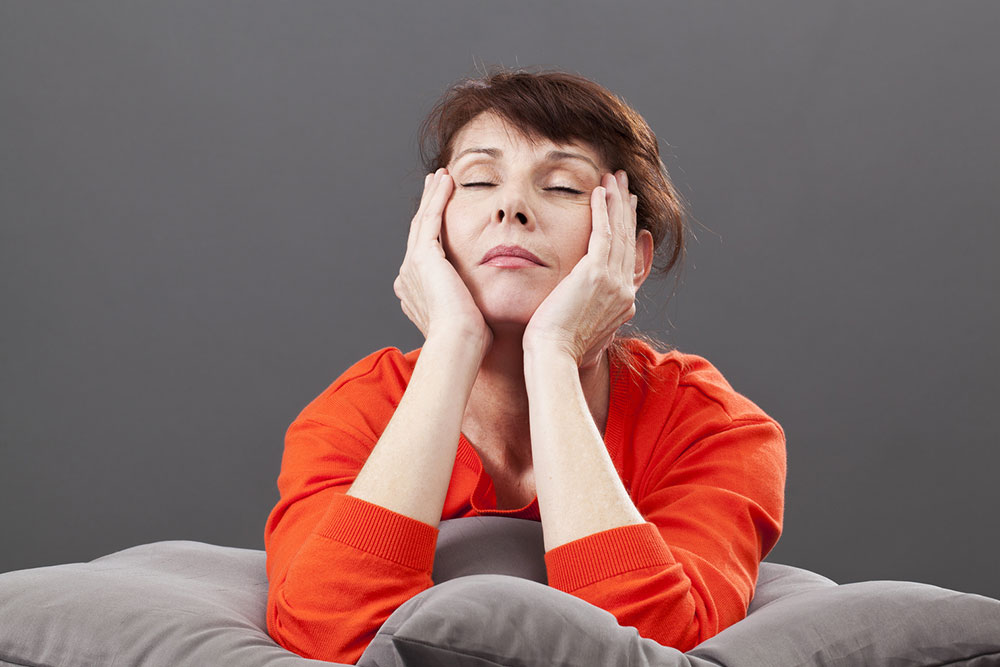Menopause and Vaginal Discomfort: Causes, Symptoms, and Effective Treatments
This article explores the causes, symptoms, and treatment options for vaginal dryness during menopause. It emphasizes the importance of medical consultation for diagnosis and personalized solutions. Addressing this common issue can significantly improve comfort and quality of life for women experiencing hormonal changes. The report covers hormonal decline, symptoms, diagnosis procedures, and remedies such as topical estrogen, moisturizers, and lifestyle adjustments, providing a comprehensive overview aimed at empowering women to manage menopausal discomfort effectively.

Menopause and Vaginal Discomfort: Causes, Symptoms, and Effective Treatments
Vaginal discomfort is a common issue faced by women during menopause. Many are unaware that effective solutions are available, leading to reluctance in seeking medical help. This condition can cause intimacy problems, lower libido, and general discomfort, increasing susceptibility to infections. This article covers causes, symptoms, diagnosis methods, and options for managing menopausal vaginal discomfort.
What causes discomfort during menopause?
Estrogen helps maintain vaginal lubrication through a clear fluid. This hormone keeps tissues thick, elastic, and healthy.
Produced by the ovaries, estrogen plays a vital role in numerous bodily functions, including breast development, body shape, pregnancy, and menstrual regulation. As estrogen levels decline during menopause, vaginal moisture decreases, leading to dryness. While hormonal fluctuations can cause this at any age, it’s more prevalent in older women. Symptoms vary from mild irritation to severe discomfort, affecting daily activities.
Recognizing signs of approaching menopause
Women in transition may notice irregular periods, hot flashes, sleep disturbances, mood swings, decreased fertility, and urinary issues. The peri-menopausal stage generally begins between ages 45 and 55, lasting up to 14 years. Post-menopause, dryness, itching, recurring infections, painful intimacy, and urinary problems such as burning sensation and incontinence are common. Additionally, the vaginal canal may shrink and tighten, causing soreness.
Factors contributing to vaginal dryness aside from menopause
Beyond menopause, factors like childbirth, breastfeeding, chemotherapy, radiation therapy, anti-estrogen medications, and ovarian removal surgery can lower estrogen levels and cause dryness. Autoimmune conditions such as Sjogren syndrome affecting tear and saliva production can also contribute. Certain medications, including antihistamines, may dry secretions and cause urinary issues. Stress and specific treatments may reduce estrogen further, leading to similar symptoms. Regardless of cause, menopause-related dryness can result in burning, itching, and pain during intimacy. Lifestyle choices accelerating menopause can worsen dryness, but treatments are available. Consulting a healthcare professional is advised for diagnosis and tailored solutions.
How is menopause-related dryness diagnosed?
If experiencing discomfort, burning, or itching, visiting a gynecologist is essential. The doctor will review your medical history, symptom duration, and possible triggers. A pelvic exam may be performed to check for tissue thinning or redness and to rule out infections. A Pap smear might be conducted to analyze cells from the cervix or vaginal wall for further insights.
Solutions for menopause-related dryness
Managing dryness effectively can significantly improve daily comfort. Under medical guidance, women may consider:
Estrogen creams or gels: Topical estrogen products can provide relief from dryness and irritation when applied directly to the vaginal area.
Oral estrogen therapy: Systemic estrogen supplements may help boost hormone levels but should be used under medical supervision due to potential side effects.
Vaginal moisturizers and lubricants: Water-based lubricants ease discomfort during intercourse. Regular use of vaginal moisturizers helps maintain natural moisture levels.
Regular sexual activity: Engaging in intimacy promotes blood flow, supporting natural lubrication and tissue health.
Vaginal dryness can begin early in menopause and, if left untreated, may affect comfort and quality of life. Seeking professional advice and using appropriate treatments can lead to significant relief, enhancing overall well-being.
Note:
This platform provides health information on various topics. For personalized advice, consulting a healthcare provider is recommended. We strive for accuracy but do not guarantee comprehensiveness. Different sources may present varied data or options.


